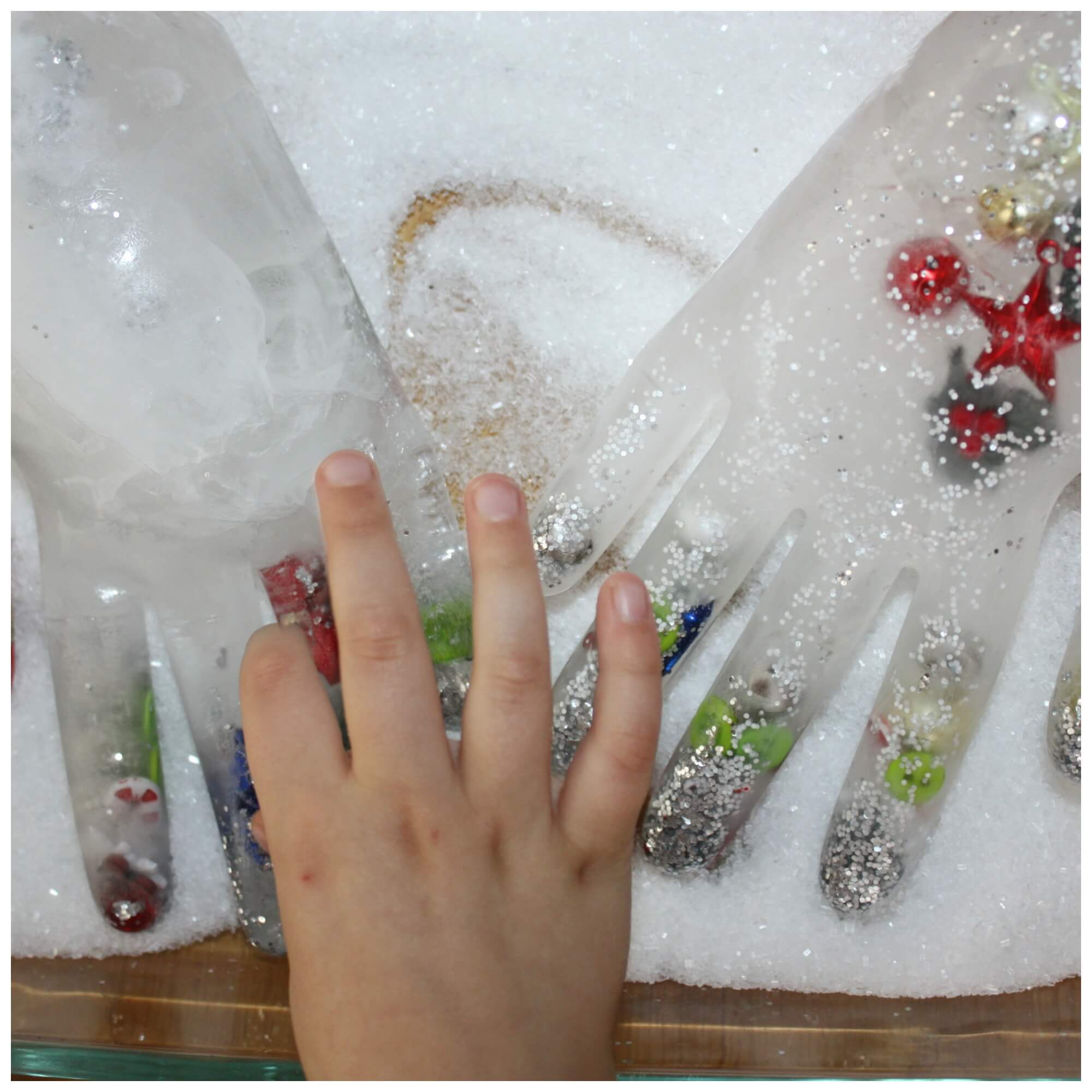Ideally, the room temperature should be kept below 32 °c during the day and 24 °c during the night. Who works with the health sector to strengthen governance, preparedness and response to heatwaves, by developing contingency plans that map the risks, vulnerable populations, available capacities and. · heatwaves also place an increased strain on infrastructure (power, water and transport). This is especially important for infants, adults over the age of 60 years or those who have chronic health conditions. Use the night air to. Global temperatures and the frequency and intensity of heatwaves will rise in the 21st century as a result of climate change. Extended periods of high day and nighttime temperatures create cumulative physiological stress on the human body which exacerbates the top causes of death globally, including respiratory and. · the magnitude of human costs from heatwaves can be reduced if adequate emergency prevention, preparedness, response and recovery measures are implemented in a sustainable and timely manner. Exposure to heat causes severe symptoms, such as heat exhaustion and heat stroke – a condition which causes faintness, as well as dry, warm skin, due to the inability of the body to control high temperatures. Clothes and food retailing, tourism and ecosystem services can also be affected, such that there may be socioeconomic “winners and losers” from heatwave events. · the health impact of a heatwave depends on the intensity and duration of the temperature, the acclimatization and adaptation of the population, and the infrastructure and preparedness. High air temperatures can affect human health and lead to additional deaths. · during a heatwave you should aim to keep your living space cool. Check the room temperature between 08:00 and 10:00, at 13:00 and at night after 22:00. In some instances, heatwaves may even trigger social disturbances at a number of levels.
This Heatwave Could Melt Christmas! Santas In Big Trouble
Ideally, the room temperature should be kept below 32 °c during the day and 24 °c during the night. Who works with the health sector...




